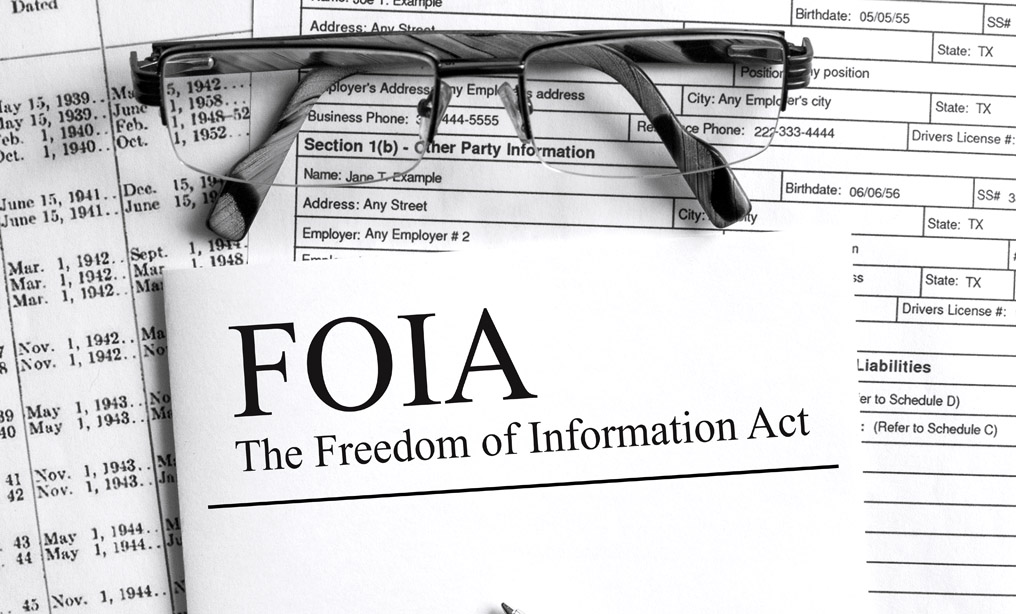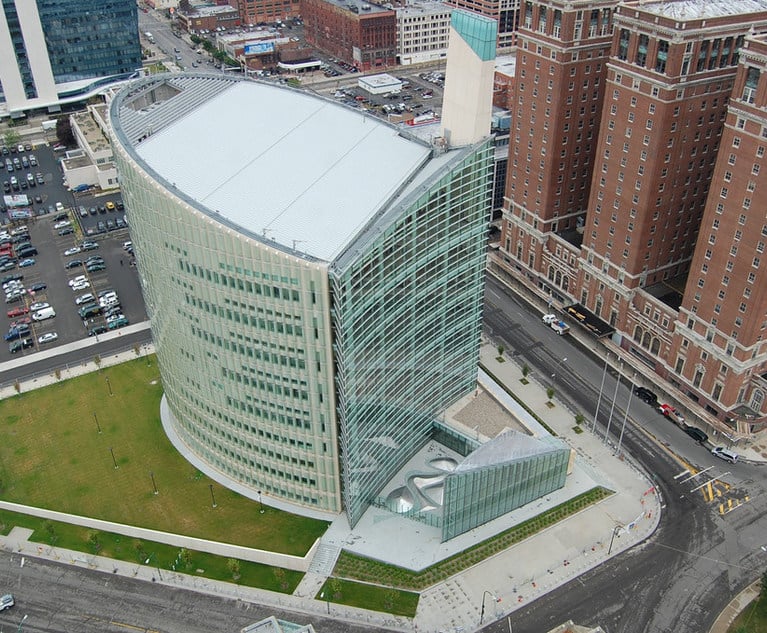 There has been a perennial tug-of-war between federal Executive Branch departments and those individuals and advocacy organizations seeking to pry records loose from them. This long-running dynamic is likely to be significantly impacted by Justice Amy Coney Barrett’s recently-authored opinion in Fish and Wildlife Service v. Sierra Club, 141 S.Ct. 777 (2021), in which the Supreme Court has construed a key privilege in Freedom of Information Act (FOIA) jurisprudence in such a fashion as to likely put a serious damper on the ability of requesting parties to obtain record material. While the jury is still out as to whether Sierra Club is a landmark decision or something less that merely establishes important precedent as to the precise meaning of a “draft” document, its effect on advocacy organizations, environmental ones in particular, has already become readily apparent, with resultant calls for Congressional action to revise the FOIA so as to mute the impact of the ruling.
There has been a perennial tug-of-war between federal Executive Branch departments and those individuals and advocacy organizations seeking to pry records loose from them. This long-running dynamic is likely to be significantly impacted by Justice Amy Coney Barrett’s recently-authored opinion in Fish and Wildlife Service v. Sierra Club, 141 S.Ct. 777 (2021), in which the Supreme Court has construed a key privilege in Freedom of Information Act (FOIA) jurisprudence in such a fashion as to likely put a serious damper on the ability of requesting parties to obtain record material. While the jury is still out as to whether Sierra Club is a landmark decision or something less that merely establishes important precedent as to the precise meaning of a “draft” document, its effect on advocacy organizations, environmental ones in particular, has already become readily apparent, with resultant calls for Congressional action to revise the FOIA so as to mute the impact of the ruling.
The backdrop for this discussion is one of the two elements of the deliberative process privilege, which is perhaps the most frequently invoked privilege made possible by Exemption 5 of the FOIA, codified at 5 U.S.C. §552(b)(5). Parenthetically, Exemption 5 of the Act was enacted to prevent requesters from obtaining materials via the FOIA that would have been privileged during discovery in civil litigation to which the federal agency is a party.






